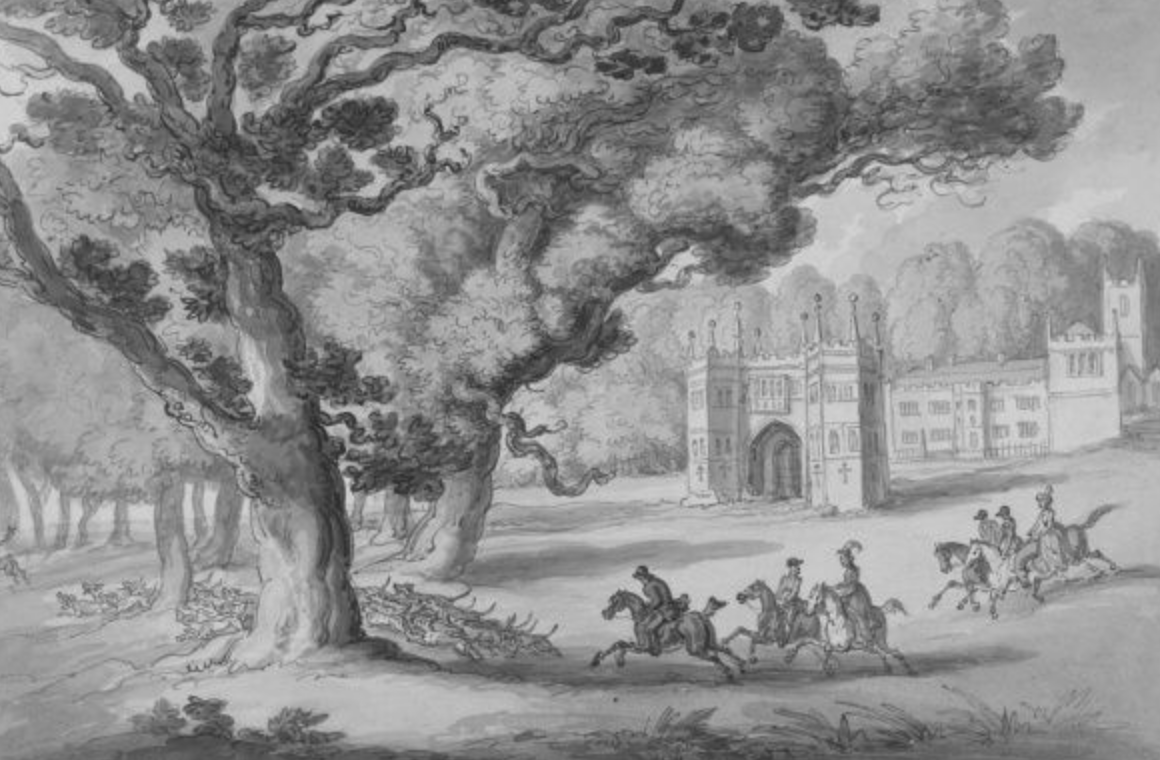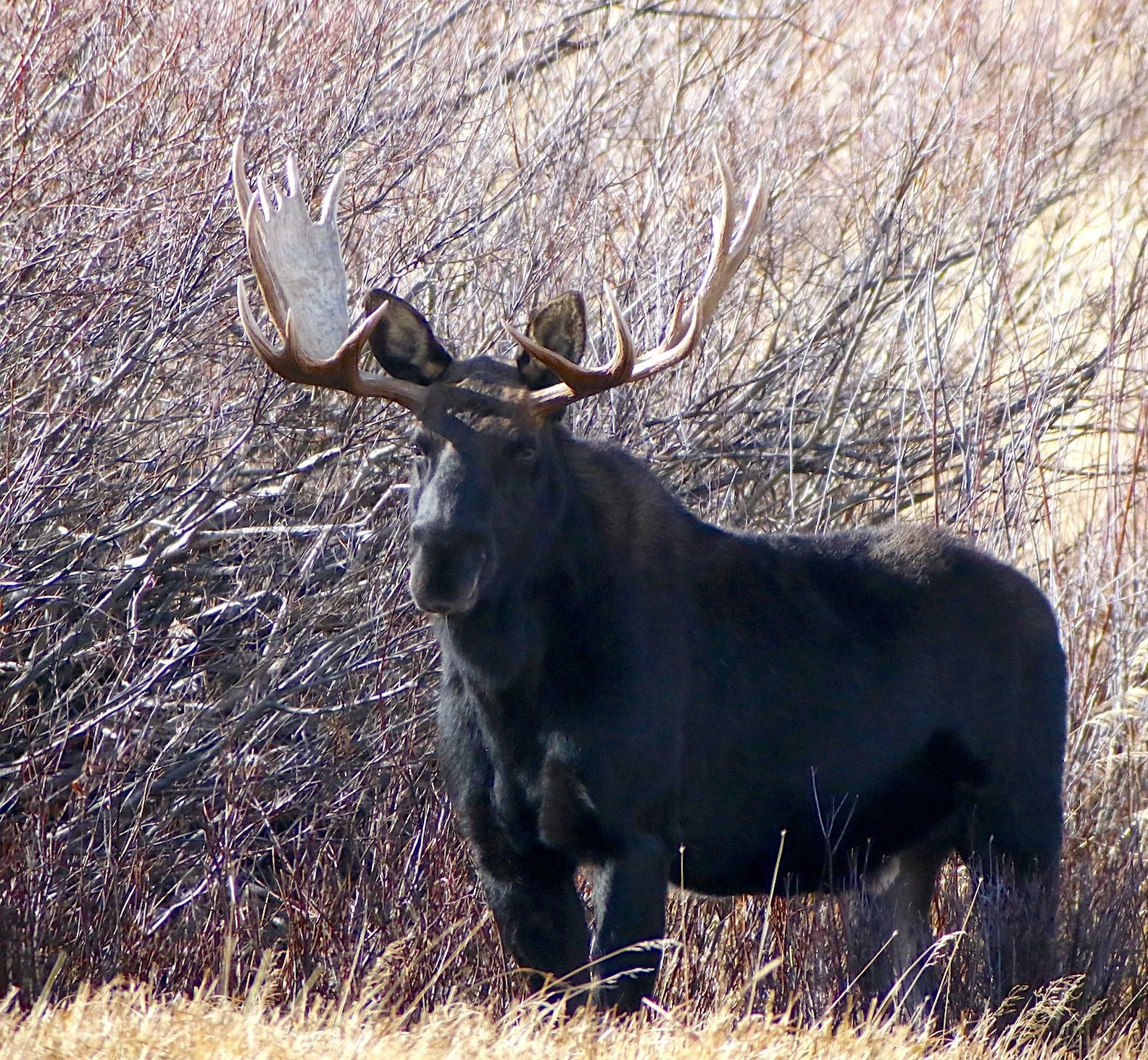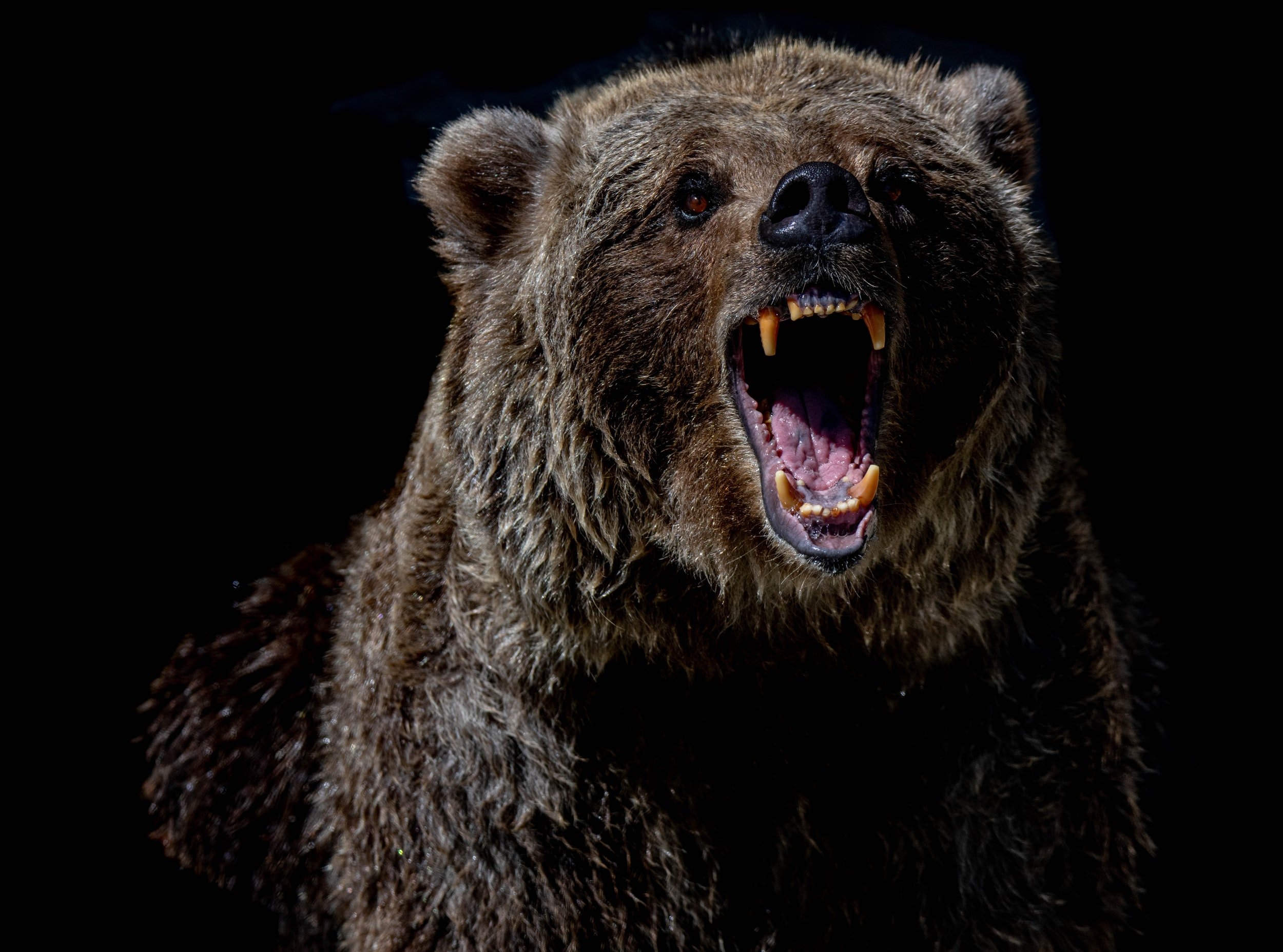Hunting and Shooting Shakespeare
Many a high school student would love to be hunting and shooting Shakespeare instead of reading him. But their attitudes change when they discover that eloquent old William wrote about shooting and hunting. Often.
Please allow me to repeat that: Shakespeare wrote about shooting and hunting!
You probably missed those hunting and shooting references in High School English, didn’t you? Famous lines like “Hark, what light from yonder muzzle breaks” (not brakes! They didn't have those yet) were obscured by the antiquated language of Elizabethan English. Back then, roughly around 1600, English words had different spellings and sometimes different meanings. “Window” meaning “muzzle,” for instance.
But fear not! As a former English teacher and erstwhile student of Shakespeare in my college days, I am authorized to interpret (though somewhat loosely.) The following quotes, slightly rephrased into modern English, should help all shooters and hunters properly understand the obscure but enlightening hunting and shooting advice from old Bill.
Hunting & Shooting Shakespeare Quotes
To shoot or not to shoot: that is the question. (Hamlet)
Get thee to a rifle range! (and you thought you understood nun of this!) (Hamlet)
Shall I compare thee to a 30-06? (Sonnet 18) (Read this blog for more information on the oft-quoted 30-06.)
What’s in a name? A fired gun by any name would smell as sweet. (And even sweeter if a waxed paper shotshell!) (Romeo and Juliet)
The course of consistent accuracy never did run smooth. (A Midsummer Night’s Dream)
A wood cut of rural life in ancient England depicts shooting Shakespeare life.
Lord, what fools these hunters be! ( A Midsummer Night’s Dream)
A cartridge! A cartridge! My deer tag for a cartridge! (I'll bet you nailed this one.) (Richard III)
The fault, dear Brutus, lies not with the rifle, but with ourselves, that we doth flinch. (Julius Ceasar) (This short blog has the cure for flinching.)
Friends, Romans, countrymen, lend me your ears. I come to criticize the Creedmoor, not to praise it. (Julius Ceasar)
There are more cartridges in heaven and earth, Horatio, than are stocked in most retail stores. (Hamlet)
The hunter who misseth doth protest too much, methinks. (Hamlet)
Frailty, thy name is shooter. (Hamlet)
How sharper than a serpent’s tongue it is to have an inconsistent rifle! (King Lear)
Is this a rifle which I see before me, the handle toward my hand? (Macbeth)
Now is the closed deer season of our discontent. (Richard III)
All the world’s a range, and all the men and women merely shooters upon it. They have their excuses and their misses. (As You Like It)
Uneasy lies the head that aims a 460 Weatherby Magnum. (Henry IV, Part 2)
If bullets be the food of barrels, shoot on! (Twelfth Night)
I am one who shot not precisely, but too often. (Othello)
If you flinch, do you not miss? (The Merchant of Venice)
I aim, I squeeze, I hit! (The Taming of the Shrew)
Sigh no more, hunters, sigh no more. Deer were deceivers ever. One morning on the trail, and the next in the woods, to one place constant never. (Much Ado About Nothing)
Historic illustration of hunter with deer over shoulders depicts shooting Shakespeare "writings."
Men are some time masters of their fates: The fault, fellow hunter, is not in our stars, but in ourselves, that we get buck fever. (Julius Ceasar)
Some are born hunters, some achieve hunting success, and some have trophy bucks thrust upon them. (Twelfth Night)
Swear not by the moon, the inconstant moon, the monthly changes in her circled orb, lest the deer prove likewise variable. (Romeo and Juliet)
Give every elk thy ear, but none thy scent. (Hamlet)
To sleep, perchance to dream - ay, there’s the rub — for in this sleep what dreams of bucks and bulls may come…” (Hamlet)
So long as men and women hunt and eyes can see, so long lives hunting and this gives joy to thee. (Sonnet 18)
Some hunters kill with arrows, some with bullets. (Much Ado About Nothing)
All’s well that ends well! (All’s Well That Ends Well)
The author takes solace in knowing that hunters even so far back as Shakespeare suffered the slings and arrows of misfortune.



















